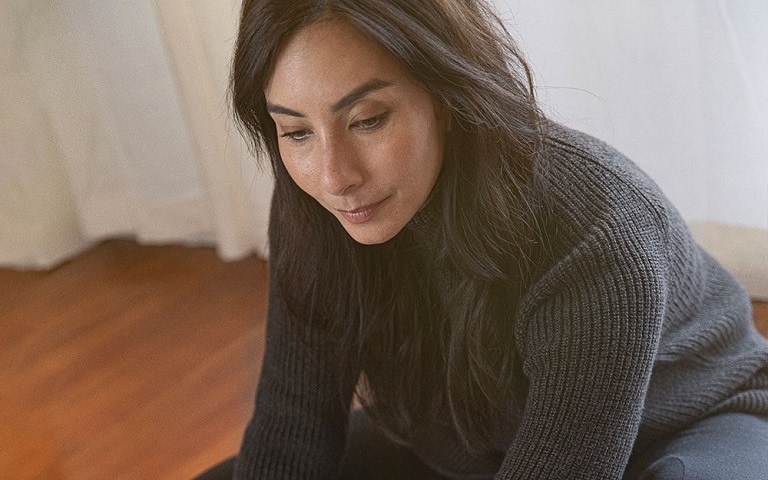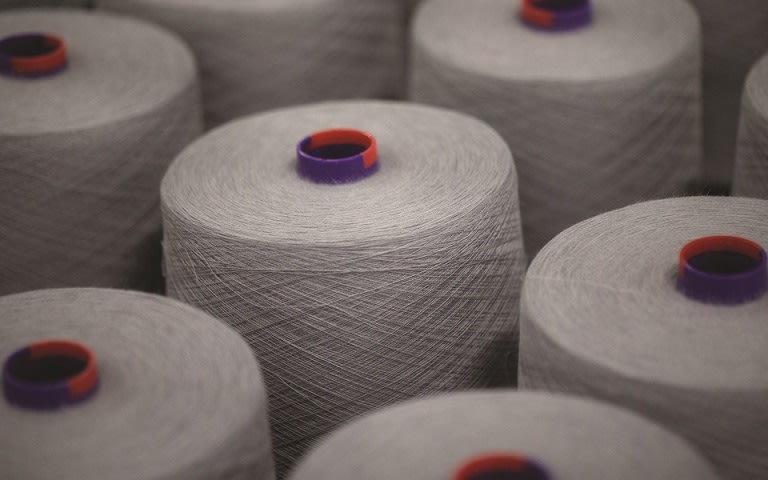Are reusable plastic cups the zero-waste answer?
March 18, 2019 | Marie Knowles
Photo credit: Ryan Everton
Follow Globelet
Does caring for the environment mean getting rid of plastic? Or could using plastic actually be the answer to our waste crisis? Entrepreneur Ryan Everton is revolutionising how we use and reuse with his sustainable company, Globelet. We caught up with him to find out more.
How did you get into making eco-friendly cups?
My first business mentor, he spent the last 20 years working for Steve Jobs, and he said to me, ‘Would you rather start a business that just makes you money? Or would you prefer to start a business that also makes the world better? Because they’re both going to take the same amount of time and hard work.’ I was at a rugby game while studying law at Otago University [Dunedin, New Zealand] and I looked at the pile of cups we had consumed during the game, and I couldn’t understand why we were just throwing all these single-use cups away. I thought we could do it better so I came up with the idea for Globelet.
Have you started to see a shift in consumer behaviour?
Yes, it used to be that people didn’t care, they just wanted to buy cheaper and better. Now, as consumers, we’re looking to buy something that makes us better and makes the world better. But we have to change the system to make those choices easier. If you go to the supermarket and it’s $1 per tomato, or $2 for a bag of six, would you buy the plastic bag of six or two un-bagged for $2? Most people would go for the bag of six. What we’ve tried to implement with Globelet is less about people’s choice and more about creating a system where people don’t have to think.
How important is environmental awareness to you?
Education is king. Understanding different things you can do and be conscious of. If awareness means consciousness and more people were conscious, we would have more people starting things that make the world better and protect it.

‘Plastic’ is a bit of a dirty word these days. But you seem to be a fan. How does plastic fit in with making the world a better place?
There’s a lot of stigma around ‘plastic’. But in fact it makes our cars lighter, it makes our food products last longer. And it means we give access to resources and products to more people at a cheaper cost, which ultimately makes the world a better place. Single-use plastic and single-use packaging are the problems. In 1973, Nathaniel Wyeth invented the single-use plastic bottle. Around the same time, Gary Anderson designed the universal symbol for recycling. In 40 years, only 14% was recycled. The rest, worth $80-120 billion, is thrown away every year. The hardest thing in the last eight years has been convincing people about the product and about circular systems. And that it’s not about buying a compostable product from Asia and using it once. It’s more about buying a reusable product and using it forever.
How many events does Globelet supply each year and what sort of impact is that making on reducing the amount of landfill?
We supply over 3,000 events a year, and that’s stopped probably over 10 million single-use cups and bottles of water going to landfill. Our next vision is to get rid of single-use plastic in cities by using technology-enabled systems. What if all reusable products were tracked and worth something? Would we still lose them?
Tell us about your washing system – what’s so ground-breaking about it?
Plastic doesn’t wash or dry as easily as glass or other materials. If plastic is washed, the water sticks to it and it can grow mold. We had to invent drying machines that can dry over 10,000 cups per hour so that we can supply a whole stadium or a city with reusables, without any health risk. Our washing system recycles 98% of its water, and our drying machines can get the plastic 100% dry. This means we can compete with single-use plastic – because we can wash and dry plastic faster, so it’s as cheap and as convenient as single-use. Our systems use a lot less water than traditional dishwashers. We’re also using less energy, so we’re more sustainable than single-use plastic.
You talk a bit on your blog about wealth – what it is and what it means as opposed to money. What can our readers take from your insights?
Wealth is about being one step closer to nature. It’s about enjoying what we have. We live in a world with so much wealth and opportunity. More than ever we have the freedom to go and create what we want. Most of what I talk about on there comes from a book called The One-Straw Revolution. The author’s philosophy is that we should always get one step closer to nature and that life is about being close to nature. It’s less about the material things and more about what nature produces that helps us enjoy life. There are always other options to enjoy life, than just sitting in an office making money. Wealth is the connections you have, the value you bring to other human beings’ lives, the satisfaction of knowing you did what you dreamt and made it happen.
More for you

Meet scientist and engineer Nanogirl | icebreaker
1 March 2018 | Helene Ravlich

Antarctica, the place of extremes | icebreaker
25th March, 2017 | Damian Christie

Future fibres merino and tencel | icebreaker
7th May, 2018 | Helene Ravlich







